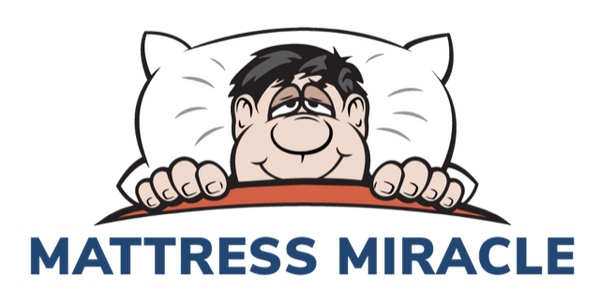📖 6 min read

In This Article:
Sleep Hygiene for Immune Health: What 2026 Research Reveals
The connection between sleep and immunity isn't vague wellness talk. It's backed by serious research. A February 2026 study found that even a single night of sleep deprivation altered immune cell profiles in healthy young adults to resemble those of people with obesity, a condition linked to chronic inflammation. Your immune system pays attention to how you sleep.
What Happens When You Don't Sleep
Research from the Dasman Diabetes Institute analyzed 237 healthy adults and found striking differences between good and poor sleepers. Those with lower sleep quality showed higher chronic low-grade inflammation, regardless of other factors.
An NIH-funded study in April 2026 discovered something even more fundamental: sleep affects where immune cells form. When adults didn't get enough sleep, they had higher levels of circulating monocytes (a type of white blood cell) and more immune stem cells in their blood. The researchers noted that these stem cells appeared to be "imprinted, or genetically altered, under the influence of sleep restriction."
In plain terms: poor sleep doesn't just make you tired. It changes how your immune system develops and responds.
The Bidirectional Relationship
Sleep and inflammation affect each other. Poor sleep increases inflammatory molecules and activates pro-inflammatory signaling. But inflammation also disrupts sleep, creating a cycle that's hard to break without addressing both sides.
This matters because low-grade chronic inflammation is linked to:
- Heart disease and cardiovascular problems
- Type 2 diabetes and metabolic dysfunction
- Increased susceptibility to infections
- Slower recovery from illness and injury
- Cognitive decline over time
Sleep Hygiene Practices That Support Immunity
Consistent Sleep Schedule
Your immune system operates on circadian rhythms. Going to bed and waking at roughly the same time each day keeps these rhythms synchronized. Irregular schedules disrupt immune cell cycling.
Adequate Duration
Most adults need 7-8 hours. The research is clear that both too little and too much sleep correlate with worse immune markers. Find your optimal duration and protect it.
Sleep Quality Over Quantity
Eight hours of fragmented sleep isn't the same as eight hours of solid sleep. Deep sleep stages are when much of the immune regulation happens. Frequent waking disrupts this process.
Temperature Control
Sleeping too hot impairs sleep quality and increases inflammation. The ideal bedroom temperature is 15-19°C. A mattress that sleeps cool helps maintain this range.
Darkness
Light exposure during sleep interferes with melatonin production. Melatonin isn't just a sleep hormone; it also has anti-inflammatory properties. Blackout curtains or a sleep mask help.
The Mattress Connection
Your mattress affects sleep quality in ways that matter for immunity:
- Comfort equals less waking: An uncomfortable mattress causes position shifts and brief awakenings that fragment sleep
- Temperature regulation: Hybrid mattresses with coil systems typically sleep cooler than all-foam options
- Support and pain: Poor support leads to back pain, which disrupts sleep and increases cortisol (an inflammatory hormone)
When Sleep Hygiene Isn't Enough
If you're following good sleep hygiene but still sleeping poorly, the problem might be:
- An underlying sleep disorder (sleep apnea, restless legs)
- A mattress that's past its useful life
- Unmanaged stress or anxiety
- Medical conditions affecting sleep
See a doctor if sleep problems persist despite good habits. Sometimes the solution is medical, sometimes it's environmental.
Small Changes, Big Impacts
You don't need to overhaul everything at once. Start with:
- Setting a consistent bedtime for two weeks
- Removing screens from the bedroom
- Evaluating whether your mattress is actually comfortable
These changes compound over time. Research shows that consistent quality sleep reduces inflammatory markers and supports immune function that protects you when you encounter illness.
Come Talk Sleep
If your mattress is part of the problem, come to 441½ West Street in Brantford. We can help you find something that supports the quality sleep your immune system needs.
Mattress Miracle: helping Brantford stay healthy since 1987.

